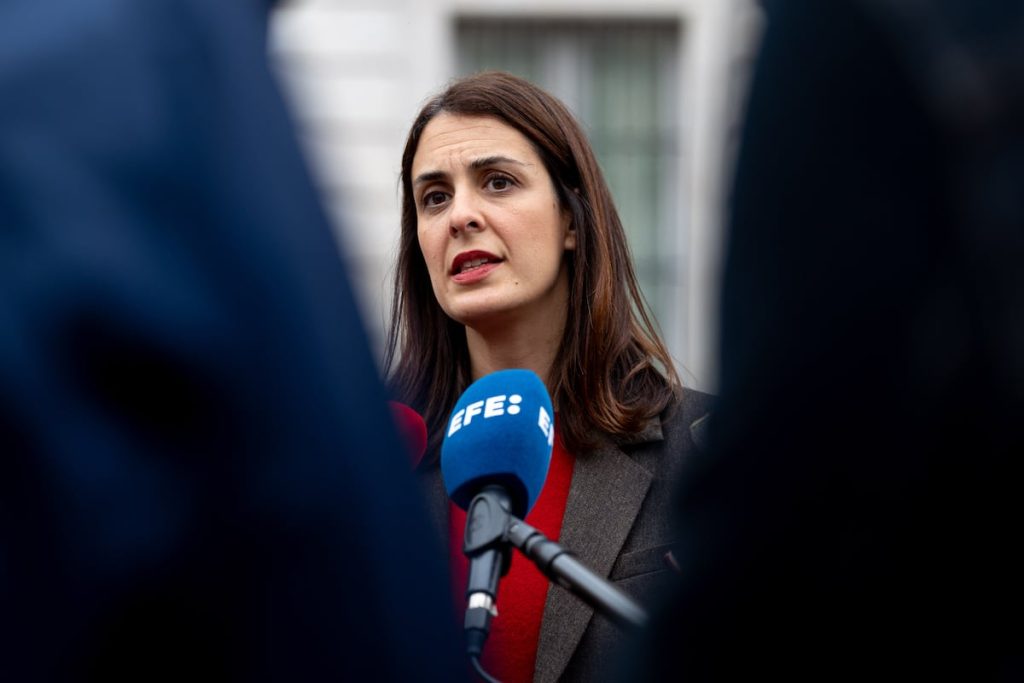Rita Maestre recently appeared in a press conference to address the reaction of her party, Más Madrid, following the resignation of Íñigo Errejón due to anonymous allegations on Instagram about allegedly abusive sexual behavior. Maestre defended herself and her party, stating that they were unaware of the macho attitudes displayed by Errejón towards women approximately a decade ago when he was dating Maestre. Errejón, a co-founder of Podemos in 2014 and the parliamentary spokesperson for Sumar, abruptly left politics two weeks ago, citing a personal conflict. Maestre criticized Errejón’s statement as insulting and lacking an apology for his actions.
The allegations against Errejón emerged from various anonymous sources, including a post by journalist Cristina Fallarás and a police report filed by TV presenter Elisa Mouliaá. Maestre expressed her shock and disappointment, questioning how she could have been unaware of Errejón’s behavior during their relationship. She felt angry upon reading testimonies from other women who had negative experiences with Errejón. Maestre decided to publicly address the situation by writing a letter, expressing her natural and sincere anger towards Errejón. The revelations have forced Maestre to reevaluate her past relationship with Errejón and find a way to heal from the betrayal.
Errejón is scheduled to appear in court as a defendant in response to the complaint filed by Elisa Mouliaá. Maestre emphasized that the focus should remain on the women who have been victims of abuse rather than on her personal feelings. She admitted feeling deceived both personally and politically by Errejón’s actions and mentioned the need to reexamine her memories in light of the recent events. Maestre expressed her belief that honest conversations are necessary for healing and hopes to move forward by discussing the situation openly.
Despite speculation that Errejón’s behavior towards women was an open secret, Maestre vehemently denied having any prior knowledge of his misogyny or manipulation. She praised the handling of the crisis by both Sumar and Más Madrid, emphasizing their transparency and commitment to preventing similar incidents in the future. Maestre stated that the focus should be on accountability and preventing such behaviors from resurfacing in the political sphere. She expressed her lack of empathy towards Errejón given her current feelings of anger and disappointment. Maestre’s main regret lies in not uncovering the truth about Errejón sooner and preventing the harm caused by his actions.















